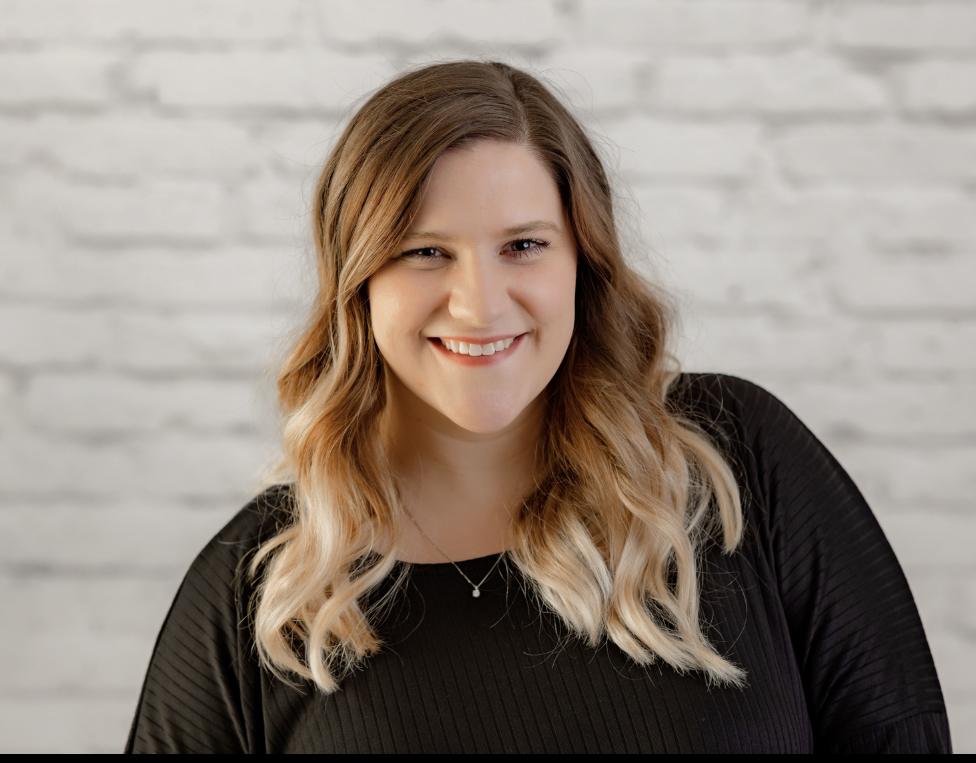
3 minute read
North Kato Spring 2023
BY MAURA MCBREEN, MS, LMFT Owner of Wounded Haven Counseling, LLC
Closure.
It’s something we all say we need in certain situations; but what happens if it never comes?
It’s described as “ambiguous loss,” a phrase coined in the 1970s by professor Pauline Boss, PhD. Ambiguous loss is any loss that occurs without closure. It can occur when we lose someone or something we love without a clear understanding of why it happened. One way of experiencing ambiguous loss is when someone is not physically there but is present in your thoughts. This can occur with war, kidnappings or natural disasters. One example we are all familiar with is our experience of living through the COVID-19 pandemic. Ambiguous loss can also occur when there is the loss through situations such as incarceration, adoption, divorce and estrangement. In these situations, the person whose absence you’re experiencing is still alive in the world, but our connection to them has been altered (Cleveland Clinic, 2022).
Other times there is a loss without a lack of physical presence but through the psychological absence of someone or when they are emotionally unavailable. This may be due to diseases such as dementia, alcoholism or substance use disorders, traumatic brain injuries, mental illness, miscarriage, foster care placement, dreams or plans changing, suicide or infant loss (Cleveland Clinic, 2022).
Due to our brain’s hardwiring, it seeks to understand the “why” by trying to organize where the information is to be stored. Without the closure, many sit in limbo or in this grief, unsure of how to move forward. They experience denial, anger, bargaining, depression and acceptance.
In the aftermath of the loss, it’s easy to numb out the emotions or distract yourself with working, unhelpful habits, or social media (Ryder, 2022). I once heard when we numb out the bad, we numb out the good too. Dr. Boss would advocate that feeling the emotions and finding ways to express the emotions through creativity and support is part of the grieving experience.
I hope this column plants a seed of understanding for yourself and experiences in your life where you feel you are lacking closure in something and why it may be feeling awful. You are not alone. It’s important to reach out to professionals to help you identify some areas of focus, to feel supported, to know you are NOT crazy for how you’re feeling, and to learn ways to move forward in the healing process.
Books to check out on the subject include Dr. Boss's most famous book, Ambiguous Loss: Learning to Live with Unresolved Grief (Harvard University Press, 1999) or Loss, Trauma, and Resilience: Therapeutic Work with Ambiguous Loss (W.W. Norton, 2006) (Ambiguous Loss, n.d.).
As readers have heard me say before, therapy is for everyone! It is not a one-size-fits-all and the fit between a clinician and the client often matters more than the modality used. You don’t have to wait until symptoms or emotions are unbearable to seek the support you may need. Humans are not immune to loss. It’s important to remember you are not alone and there are people out there willing to listen and support you.










